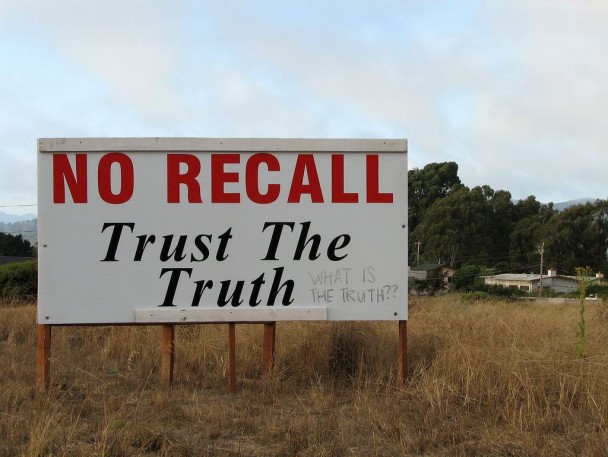When you see a recommendation made on Twitter or Pinterest for a product or a service, if the person endorsing it has a relationship of some type with the company doing the advertising of the product, there’s a requirement that the relationship driving the endorsement to be disclosed.
That’s true on Blogs as well. An endorsement should reflect a “Truth in Advertising” principle that any endorsements made be honest, and not driven by a relationship. The NEW FTC guidelines tell us things like this:
Say you’re planning a vacation. You do some research and find a glowing review on someone’s blog that a particular resort is the most luxurious place he has ever stayed. If you knew the hotel had paid the blogger hundreds of dollars to say great things about it or that the blogger had stayed there for several days for free, it could affect how much weight you’d give the blogger’s endorsement. The blogger should, therefore, let his readers know about that relationship.
The FTC issues informative guidelines and updates those from time to time to help people understand how their rules fit in with new technologies, such as social networks. In the field of Advertising and Marketing, the FTC has published new guidelines on requirements to disclose connections between advertisers and endorsers. This was done in a document on the FTC website titled, The FTC’s Endorsement Guides: What People Are Asking.
The last time the Federal Trade Commission updated this particular set of guidelines was in October of 2009.
Related Content:
The reasons for making this update, include:
- The new FTC guidelines provide more direct and detailed information involving social Media Marketing.
- The FTC guidelines require that material relationships between advertisers and endorsers on social networking sites be “clearly and conspicuously” disclosed.
- With more detailed guidelines now available, it’s possible that the FTCs regulations about disclosures may be more strictly enforced.
>
If you use a social network such as Twitter, Facebook, Instagram, and YouTube, and you work providing marketing services to companies, including endorsing their products through social media, you may need to publish disclaimers informing viewers of that relationship. There are several examples on the “What people are asking” Page and you should read those.
There’s also informative text about how disclaimers should be worded, and about doing things such as running contests and sweepstakes in social media, and about providing free reviews of some products. The FTC guidelines also discuss employee endorsements, making expert claims in endorsements, explaining affiliate relationships to online retailers, the responsibilities you have for what others say in social media, how you can go about soliciting endorsements, sponsorship of online reviews, and when and how to make disclaimers.
Thanks to new Gofishdigital intern Emily Packer for proofreading and finding images for this post.
Search News Straight To Your Inbox
*Required
Join thousands of marketers to get the best search news in under 5 minutes. Get resources, tips and more with The Splash newsletter:

